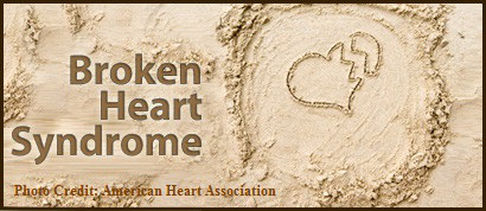Whether you deal with your grief or not, your grief exists. It can manifest in many ways such as panic attacks, headaches or the “broken heart syndrome” with symptoms similar to a heart attack. Since the grief exists and can raise havoc, it is beneficial for caregivers to acknowledge, assess, assist in facing the grief that comes from caring for an ill family member. A form of self-care could be to assist yourself by working through and processing your grief. Not easy but the potential rewards include relief, better well-being, truth and peace.
At this point, you, as a family caregiver, may be asking “Am I grieving?”
In the grief literature, there is actually a scale to measure caregiver grief for those caring for family members with dementia called the Marwit Meuser Caregiver Grief Inventory. Using this scale, there was research conducted by Jacqueline Frank in 2007. Her findings showed that grief is a major barrier faced by family caregivers. This can apply to other illnesses, not just dementia.
It has been commonly acknowledged and few would dispute that family members grieve while providing care. However, the grief gets overlooked. Family caregivers experiencing emotional difficulty, struggling to cope go into the doctor’s office and often come out with a prescription, a quick-fix treatment for depression or stress – although helpful in alleviating “symptoms”, it does not address the grief. Following is an excerpt from my book Keeping It Together that features the
3-A grief processing tool on the relationship between stress, depression and grief, given that they present similarly including sadness, tears, guilt, worry, loneliness and frustration.
In addition to disenfranchising grief that is not death-related, another reason for caregiver grief to get overlooked is that the presenting emotions resemble stress and especially depression. If grief, stress, and depression were friends, grief would be in the shadows. Put another way: If grief, stress, and depression were siblings, stress and depression would get most of the attention. Is there validity in this metaphoric viewpoint?
At this point, you, as a family caregiver, acknowledging your grief, may be asking:
“How do I grieve?”
Grief processing is not a quick fix, does not come in pill form and takes personal courage, offering personal growth. It requires facing the heat, to acknowledge, assess, assist through the anguish, being kind and compassionate with yourself and allowing it all. Although not easy, coming out the other end offers relief and calm, feeling lighter and more carefree.
You may benefit from using the 3-A coping tool described in my book as a guide to acknowledge, assess, assist in facing your grief to ultimately experience more joy. Additional supports from family, friends or a counsellor are recommended to assist in making it easier. If you have recently been through a crisis or trauma, do not proceed into grief processing on your own. Seek out professional assistance as required.
“The only cure for grief is to grieve” ~ Dr. Earl Grollman























